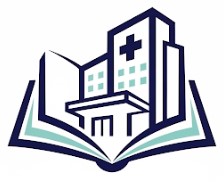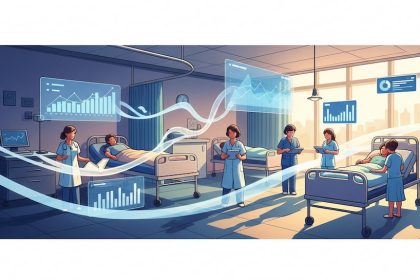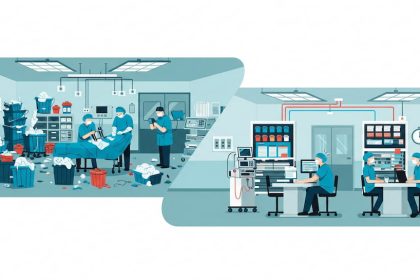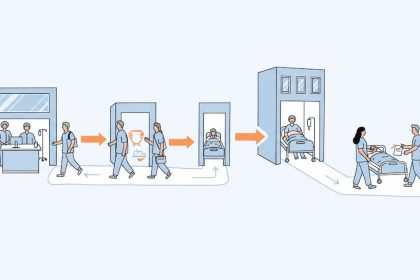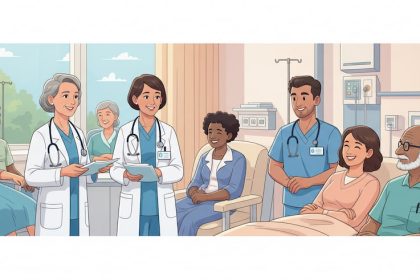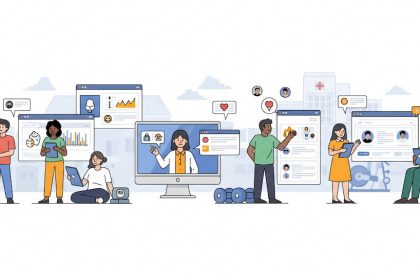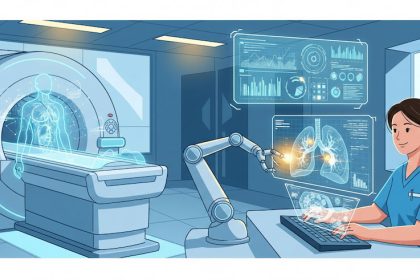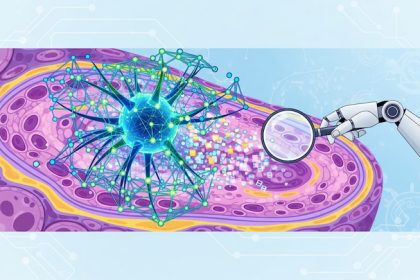Hospital bed allocation has become an increasingly complex challenge in today’s healthcare landscape. With population growth, aging demographics, and surging rates of chronic illnesses, the dema...
Patient intake processes have long been a critical part of healthcare, as they gather essential information from patients before appointments. Traditionally, these processes often involve lengthy pape...
Surgery cancellations are a pressing issue in healthcare, significantly impacting hospital operations, patient satisfaction, and overall healthcare costs. Each cancellation leads not only to wasted re...
Hospitals today are grappling with significant challenges in bed management and patient flow. With increasing patient admissions, particularly during peak seasons, many facilities struggle to maintain...
Empathy training in healthcare is a structured approach aimed at enhancing healthcare professionals’ ability to understand and share the feelings of their patients. This training equips medical ...
Effective communication is a cornerstone of quality healthcare, as it enables patients to understand their conditions, treatments, and care options. Medical jargon refers to the specialized language u...
In today’s multicultural society, the creation of culturally tailored health education materials is essential for effective patient care. These materials help bridge the gap between healthcare provide...
Health literacy is defined as the ability of individuals to obtain, process, and understand basic health information needed to make informed decisions about their health care. High health literacy is ...
Radiology plays a critical role in modern medicine by using imaging techniques like X-rays, MRIs, and CT scans to diagnose and monitor diseases. These visual tools help doctors see inside the body, al...
Artificial intelligence (AI) has rapidly evolved over the past few decades, making significant strides in various fields, especially healthcare. Initially seen as a futuristic concept, AI is now an in...
